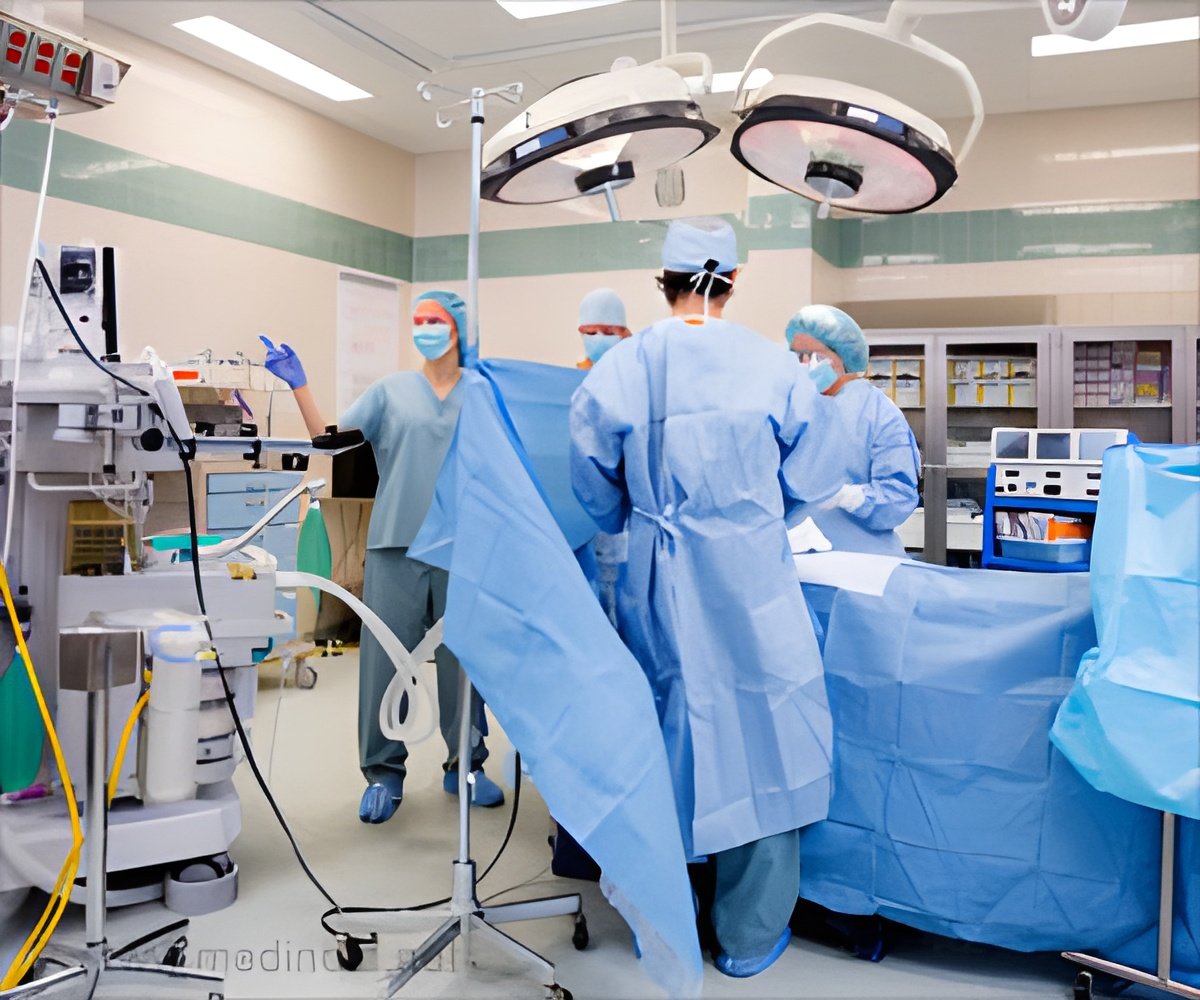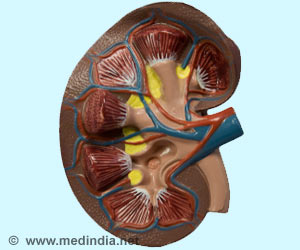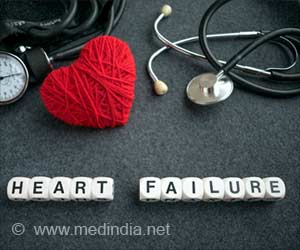
‘Operating room is not always risky for patients undergoing noncardiac surgery, but it is the recovery period that causes death in most patients, especially after surgery and discharge from the hospital.’
Tweet it Now
"Given that most deaths in adults undergoing noncardiac surgery occur not in the operating room, but afterwards, efforts to improve postsurgical care in hospital and at home has substantial potential to reduce mortality," says author Dr. P.J. Devereaux, McMaster University, Hamilton, Ontario.The study, which included 40 004 adults aged 45 years or older in North and South America, Asia, Europe, Africa and Australia who underwent surgery between 2007 and 2013, found that 1.8% died within 30 days of noncardiac surgery. Major bleeding, injury to the heart muscle and severe infection (sepsis) accounted for a large portion of deaths (45%).
"Approximately 100 million adults aged 45 or older undergo noncardiac surgery worldwide every year, therefore, an estimated 1.8 million people die of complications within 30 days," says Dr. Devereaux. "This means that death after surgery is a major global health burden."
The authors suggest that solutions focused on prevention, early identification and close management of bleeding, cardiac issues, and infection may help to reduce these preventable deaths.
Data published are from the Vascular Events in Non-cardiac Surgery Patients Cohort Evaluation (VISION) study funded by more than 70 sources.
Advertisement
"Association between complications and death within 30 days after noncardiac surgery" is published.
Advertisement









